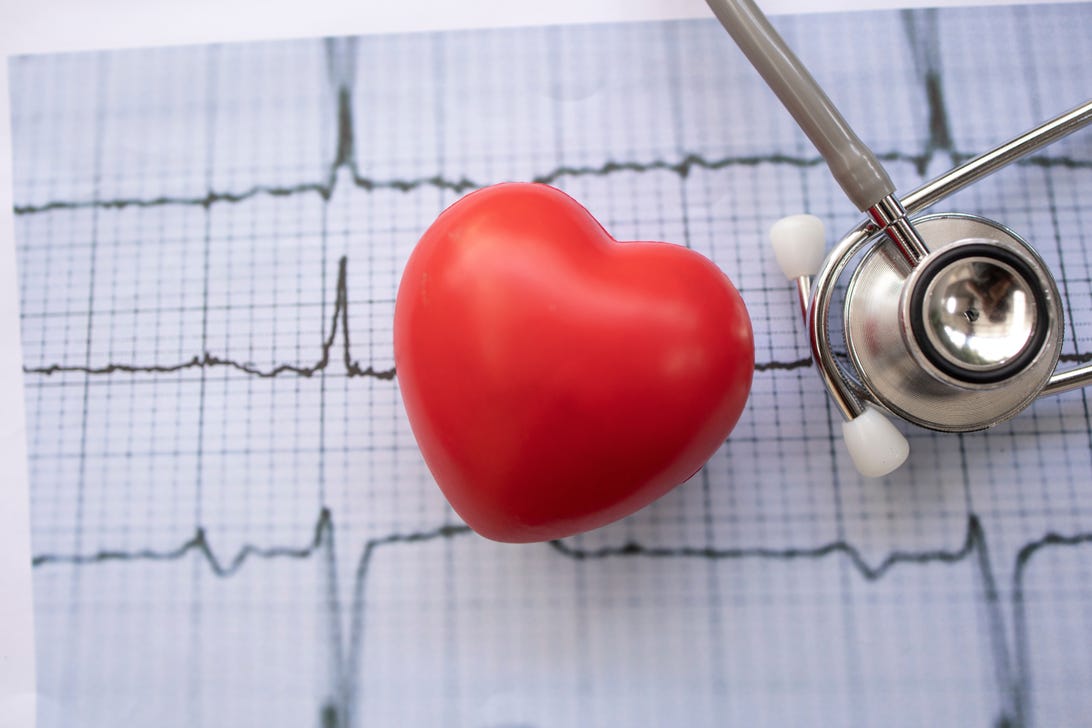Sexual Assault, Harassment Linked to Women’s High Blood Pressure

Krisanapong Detraphiphat/Getty Images
Experiencing sexual assault or workplace sexual harassment increases the risk of high blood pressure in women, a new study suggests.
The study, published Tuesday in the Journal of the American Heart Association, looked at data from the Nurses’ Health Study II, an ongoing cohort study which started enrolling women in 1989. Over seven years, women who experienced sexual assault and workplace sexual harassment were 21% more likely to develop hypertension than those who didn’t experience either, researchers found.
Those who were sexually harassed at work were 15% more likely to have high blood pressure, while those who were sexually assaulted were 11% more likely to develop hypertension, the study found.
Twenty-three percent of women in the study were sexually assaulted, 12% were sexually harassed at work and 6% experienced both. According to the US Centers for Disease Control and Prevention, one in three women has experienced sexual violence involving physical touching, while one in four men have had similar experiences.
People who are gay, lesbian and bisexual might be at higher risk of sexual assault, as well as other populations, including adults with developmental disabilities.
A limitation of the hypertension study was that it looked at data from women who share the same profession (nursing), the majority of whom were white. Notably, however, the study accounted for other types of trauma outside sexual assault, strengthening the link between sexual trauma and hypertension.
“This study highlights why it’s important for health research to examine women’s experiences of sexual assault and workplace sexual harassment,” Laura Rowland, a program chief in the Division of Translational Research at the National Institute of Mental Health, said in an NIH news release.
“Future research can build on these findings to determine whether sexual violence and high blood pressure are causally linked and identify possible underlying mechanisms,” she said.
The wellness toll of sexual assault
Having high blood pressure increases your risk of heart disease and stroke — two leading causes of death in the US, according to the CDC. But the newest study isn’t the only one to demonstrate the impact of sexual assault on health and wellness.
Both short- and long-term health consequences have been associated with sexual assault, including problems with sleep and mental health issues.
Survivors of sexual assault may also be more likely to experience post-traumatic stress disorder, which itself has been linked to other health problems, including cognitive decline.
The information contained in this article is for educational and informational purposes only and is not intended as health or medical advice. Always consult a physician or other qualified health provider regarding any questions you may have about a medical condition or health objectives.
For all the latest world News Click Here

